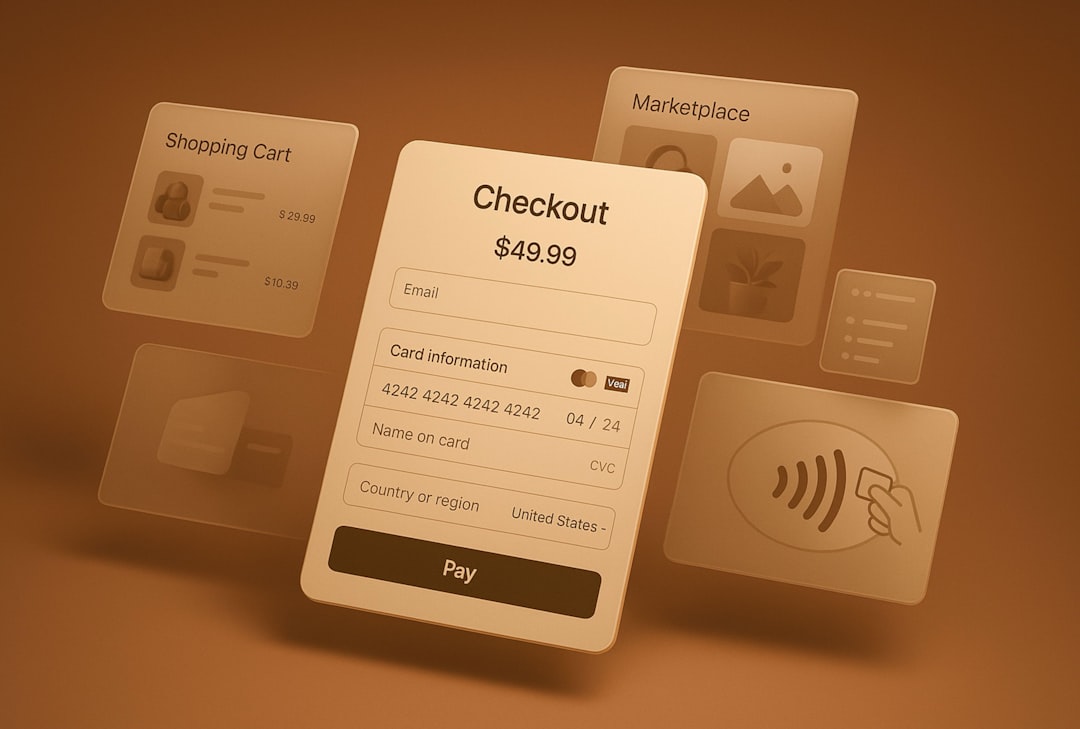In today’s digital age, social media has become an essential tool for businesses to connect with their customers and build their brand. However, simply having a social media presence is not enough. In order to truly harness the power of social media, businesses must engage in social listening, which involves monitoring and responding to feedback from their customers.
Social listening is the process of tracking conversations online about a brand, product, or industry, and using that information to make informed decisions about marketing strategies, product development, and customer service. By actively listening to what customers are saying on social media platforms such as Facebook, Twitter, and Instagram, businesses can gain valuable insights into their customers’ preferences, thoughts, and opinions.
One of the key benefits of social listening is that it allows businesses to stay ahead of trends and identify potential issues before they escalate. By monitoring conversations about their brand in real-time, businesses can quickly address any negative feedback or complaints, and prevent them from spreading and damaging their reputation. On the flip side, by identifying positive feedback, businesses can leverage this information to further promote their brand and attract new customers.
Furthermore, social listening can also help businesses understand their target audience better. By analyzing the tone and language used by customers in their conversations online, businesses can gain a better understanding of their customers’ needs, wants, and pain points. This valuable information can then be used to tailor marketing campaigns, product offerings, and customer service strategies to better meet the needs of their customers.
Another important aspect of social listening is the ability to track and measure the success of marketing campaigns. By monitoring conversations about a specific campaign in real-time, businesses can gauge the effectiveness of their messaging, identify areas for improvement, and make real-time adjustments to maximize the impact of their campaigns. This level of transparency and accountability is crucial for businesses looking to optimize their marketing efforts and drive engagement with their target audience.
Additionally, social listening can also help businesses keep an eye on their competitors. By monitoring conversations about their competitors online, businesses can gain valuable insights into their competitors’ strengths and weaknesses, and identify opportunities to differentiate themselves in the market. This competitive intelligence can be used to better position their brand, develop more effective marketing strategies, and ultimately gain a competitive edge.
In conclusion, social listening is a powerful tool that can help businesses build stronger relationships with their customers, stay ahead of trends, understand their target audience better, track and measure the success of marketing campaigns, and keep an eye on their competitors. By actively listening to feedback from their customers on social media, businesses can gain valuable insights into their customers’ preferences, thoughts, and opinions, and use that information to make informed decisions about their marketing strategies, product development, and customer service.
In today’s fast-paced and highly competitive business environment, social listening is no longer optional – it is essential for businesses looking to succeed and thrive in the digital age. By harnessing the power of social media to actively listen to feedback from their customers, businesses can gain a competitive edge, drive engagement with their target audience, and ultimately build a stronger and more successful brand. So, if you haven’t already started engaging in social listening, now is the time to start reaping the benefits it can bring to your business.












